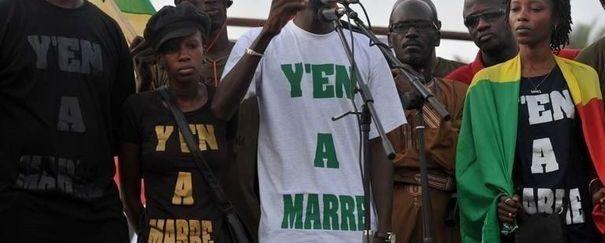Genocide: Criminal Behavior and Law
Alex de Waal, Joachim Savelsberg, Alex Hinton, Tony Oberschall, Dan Chirot, and Scott Straus form a remarkably distinguished group of genocide scholars. We have benefited from all of their comments about our book, Darfur and the Crime of Genocide.
Our title reflects a deliberate choice that may not seem obvious to many readers and reviewers. We approach the genocide in Darfur as criminologists who focus more on the crime than on the law of genocide. Of course, we cannot ignore the law, since it seeks to define our subject matter. However, we follow an approach that is best articulated by David Scheffer, who distinguishes in his writings between “atrocity crime” and “atrocity law.”
A primary focus on the law rather than the criminal behavior of mass atrocities can paralyze efforts to understand and respond to these crimes. Too often, action hinges on an unequivocal crossing of the threshold of a restrictive legal definition of genocide. Instead, our goal was to use the Atrocities Documentation Survey [ADS], conducted by the Coalition for International Justice with the sponsorship of the U.S. State Department, to assess the explanatory capacity of our critical collective framing perspective on crimes of genocidal proportions. After Collin Powell testified to Congress about the genocide in Darfur, the ADS was largely set aside by the U.S. government. We believed much more could be gained from this ambitious and historically unprecedented survey.
The key to our collective framing perspective is the role played by racial epithets in organizing and perpetrating the mass atrocities in Darfur. We find strong quantitative and qualitative evidence from the ADS and other sources that (1) the scale of these atrocities was substantially higher than the U.S. State Department has argued, that (2) a multi-level modeling approach could demonstrate the role of Sudanese government forces in heightening the use of racial epithets in combination with Janjaweed militia during attacks, and that (3) the collective expression of these epithets during attacks increased the level of killing, raping and other forms of atrocities.
We set out our evidence in the book and in a series of articles in Science, the American Sociological Review, Criminology, and in a forthcoming paper in the American Journal of Public Health. Our goal was to establish our behavioral approach as more than theoretical speculation and as a contribution that moved beyond non-empirical arguments about the legal merits of specific genocide charges. The study of atrocity crime and atrocity law both have their value, but to date there has been far too little of the former relative to the latter. We have reached a point where behavioral science evidence can be essential to establish the prima facie case for claims of crimes against humanity and genocide. We hold our own field of criminology, which possesses key tools and methods for this work, accountable for the failure to advance the behavioral study of genocide as crime.
We further emphasize this failure because the importance of this kind of data collection and analysis is demonstrated once again by current events in Darfur. We have too little data collection capacity in place to document the rapes and deaths from multiple causes that have occurred in the lead up to and following President Bashir’s exclusion of more than a dozen humanitarian assistance groups in response to the recent ICC warrant for his arrest. The lesson we draw from the 2004 ADS in Darfur is that the U.S. State Department can help to meet an urgent need by increasing the capacity to collect these and other kinds of data to monitor and demonstrate atrocity crimes as they occur. This need clearly did not end with the completion of the ADS in fall 2004. President Bashir is demonstrating his criminal intent as we watch, but our capacity to empirically document this intent and its consequences is lacking.
We take strong exception to two points made in the otherwise thoughtful commentaries on our work. The first involves the objection to our comparative discussion of exclusionary patterns of American and Sudanese policies regarding race. In the United States, we imprison young black men at astonishingly high rates, while in Darfur black males are killed and driven into internal displacement camps in even greater numbers. The sociologist Loic Wacquant calls U.S. imprisonment our “peculiar institution.” The United States is now the world’s leader in per capita incarceration and about half of American inmates are black males. About one third of black American males in their 30s and about two thirds of black American male high school dropouts have prison records. True, we do not today kill black males in the way they are murdered as well as displaced to camps in Darfur, but our policies for young black men in America are devastating. We felt it necessary to acknowledge this in a book so critical of Sudan’s racial policies. The cases are obviously different, but there are also historical and contemporary parallels.
The second point we reject is the proposal by Tony Oberschall that we respond to the Darfur crisis by better arming its survivors. Darfur is awash in weapons and adding more guns will not solve its problems.





